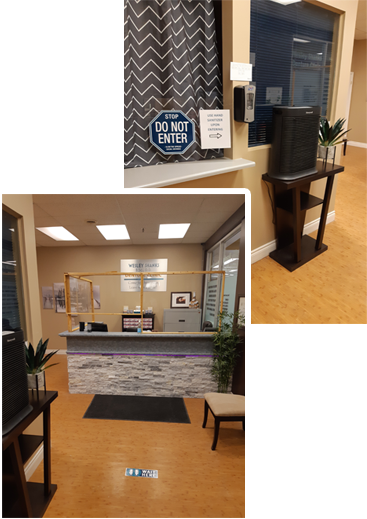 Your oral health is integral to your overall well-being. Neglecting it can lead to serious health issues such as respiratory diseases, diabetes complications, cardiovascular problems, strokes, cancer, pregnancy complications, and life-threatening infections, significantly impacting your quality of life if left untreated.
Your oral health is integral to your overall well-being. Neglecting it can lead to serious health issues such as respiratory diseases, diabetes complications, cardiovascular problems, strokes, cancer, pregnancy complications, and life-threatening infections, significantly impacting your quality of life if left untreated.
The Government of Canada is committed to enhancing Canadians’ affordability by implementing the Canadian Dental Care Plan (CDCP). To qualify for the CDCP, individuals must:
- Not have dental insurance
- Have a household income of less than $90,000
- Be regarded as a resident of Canada for tax purposes
- Having filed their tax return in the last year
Canadian residents enrolled in social programs offered by their province or territory government or by the federal government and receiving dental benefits through those programs are eligible for consideration for the CDCP, provided they meet all of its criteria.
We warmly welcome new patients to experience our exceptional care.

 Wesley Shanks and the staff at Wesley Shanks Denture Clinic welcome you and your family to the 44th annual Valley East Days, the largest free family festival in Ontario!
Wesley Shanks and the staff at Wesley Shanks Denture Clinic welcome you and your family to the 44th annual Valley East Days, the largest free family festival in Ontario! An exciting announcement is coming soon so be sure to keep your eyes peeled and your ear to the ground. More details will be released soon..
An exciting announcement is coming soon so be sure to keep your eyes peeled and your ear to the ground. More details will be released soon.. WHAT IS THE IMPORTANCE OF AN ANNUAL CHECK UP?
WHAT IS THE IMPORTANCE OF AN ANNUAL CHECK UP? Every year during the holiday season we at the Wesley Shanks Hanmer Denture Clinic, enjoy giving back to our community by choosing a local charity. This year we have chosen a charity that is very dear to our hearts, the
Every year during the holiday season we at the Wesley Shanks Hanmer Denture Clinic, enjoy giving back to our community by choosing a local charity. This year we have chosen a charity that is very dear to our hearts, the  Partial or full dentures require proper care to keep them clean, free from stains and looking their best.
Partial or full dentures require proper care to keep them clean, free from stains and looking their best. Denture prices vary widely depending on the materials used. One can expect to pay at least a couple thousand dollars for a set of dentures.
Denture prices vary widely depending on the materials used. One can expect to pay at least a couple thousand dollars for a set of dentures.